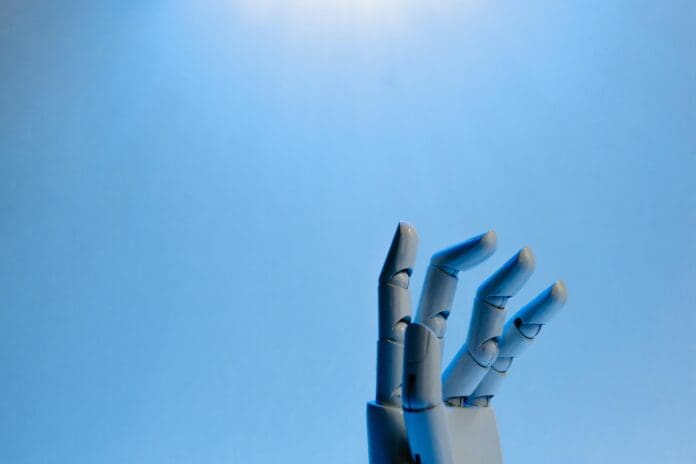This post is also available in:
 עברית (Hebrew)
עברית (Hebrew)
A new breakthrough in robotics could bring AI systems one step closer to replicating human-like lifelong learning. Researchers from the Technical University of Munich and Nanjing University have developed LEGION, a reinforcement learning framework designed to enable robots to continuously learn, adapt, and apply knowledge across a dynamic range of tasks. This marks a significant step forward in enhancing robotic flexibility and performance in real-world environments.
Currently, one of the challenges in AI and robotics is the difficulty of enabling machines to learn over time, adapt to new tasks, and build on past knowledge—similar to how humans continuously refine their skills. According to TechXplore, LEGION aims to overcome these limitations by integrating Dirichlet Process Mixture Models (DPMMs), a class of Bayesian non-parametric models. Unlike traditional models that require a predefined number of task clusters, DPMMs allow robots to dynamically adjust their knowledge structure based on incoming task data, making the system more suitable for lifelong learning scenarios.
As Yuan Meng, first author of the paper, explains, the framework prevents “catastrophic forgetting”—a common problem where robots fail to retain previously learned skills when new tasks are introduced. LEGION ensures that robots can acquire new tasks while preserving and reusing prior knowledge, enhancing their ability to handle evolving environments and tasks with ease.
An additional feature of LEGION is its integration of language embeddings from pre-trained large language models (LLMs). This allows robots to comprehend user instructions independently of task demonstrations, giving them greater flexibility in interpreting commands. The framework also facilitates knowledge recombination, enabling robots to sequence and combine previously learned skills to complete more complex tasks, such as cleaning or organizing, without relying on fixed task sequences, according to TechXplore.
Early tests on real robotic systems have shown promising results. LEGION successfully allowed robots to accumulate and apply knowledge from a continuous stream of tasks, improving performance over time. The researchers envision this framework being used in various real-world applications, including home service robots and industrial systems, where continuous learning and adaptation are essential.
Future work will focus on improving the balance between stability and flexibility in learning, expanding LEGION’s capabilities to handle unstructured environments, and enabling cross-platform knowledge transfer across different robotic systems. With these advancements, LEGION could revolutionize the way robots learn and operate, making them more autonomous and efficient in diverse settings.
The team’s research was published in Nature Machine Intelligence


























